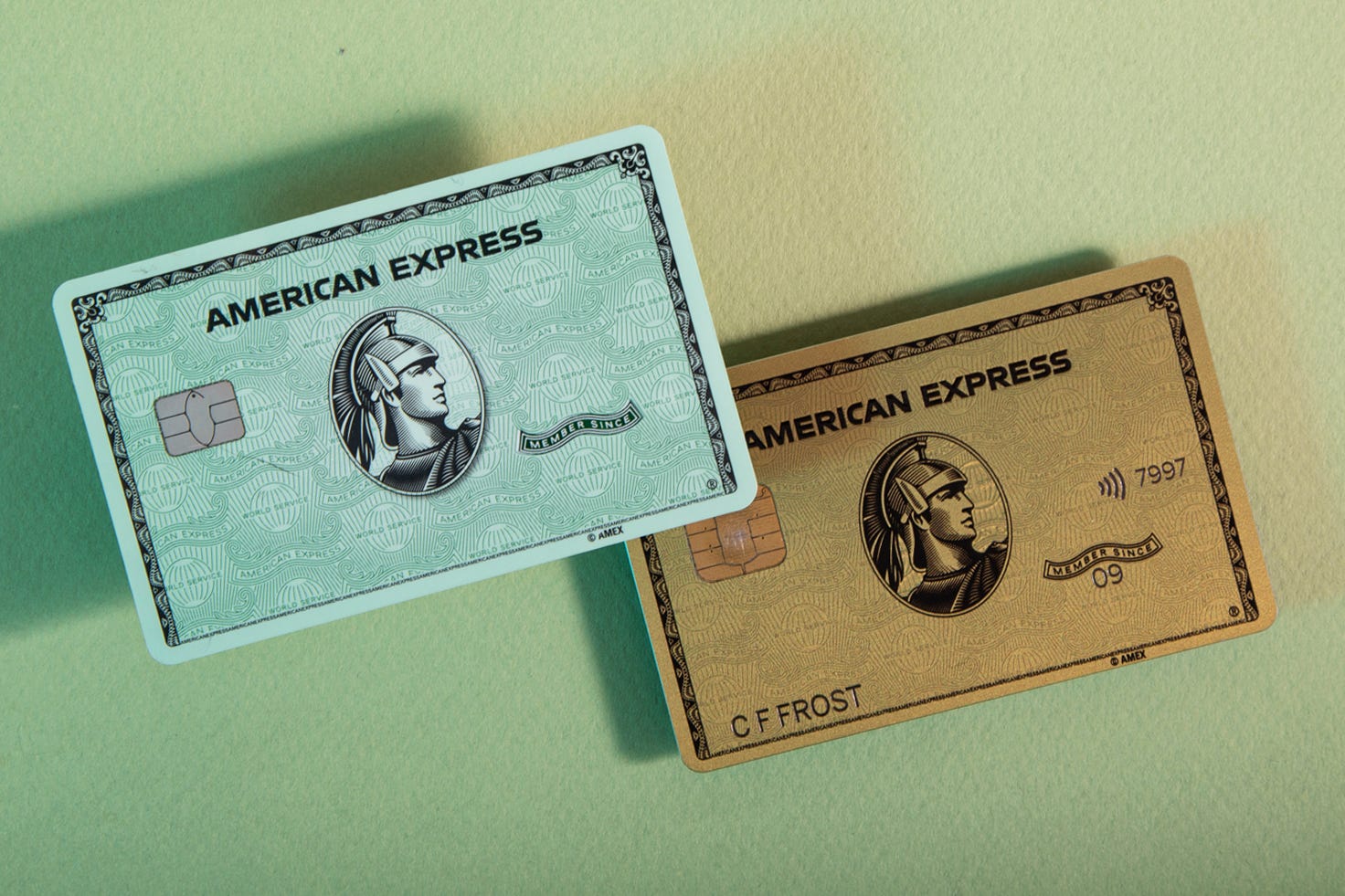
Crystal Cox/Business Insider
- Several federal agencies are probing Amex’ small business and consumer card sales practices.
- The US Attorney’s Office in the Eastern District of New York issued a subpoena related to small business card sales.
- Amex is also cooperating in a probe led by the OCC and DOJ regarding small business card sales practices in 2015 and 2016.
- Visit the Business section of Insider for more stories.
Several federal agencies are probing American Express’ small business and consumer card sales practices, according to a regulatory filing.
Amex received a grand jury subpoena from the United States Attorney’s Office for the Eastern District of New York related to its small business cards sales practices, the company disclosed in Friday’s filing. The Consumer Financial Protection Bureau is also seeking information related to Amex’ consumer sales practices.
“We are cooperating with all of these inquiries and have continued to enhance our controls related to our sales practices. We do not believe this matter will have a material adverse impact on our business or results of operations,” the company said in the filing.
The US Attorney’s office did not immediately respond to Insider’s request for comment.
In January, the Wall Street Journal reported that federal investigators including the Treasury Department, the FDIC, and the Federal Reserve were investigating AmEx card sales. Those agencies were looking into whether Amex used “aggressive and misleading sales tactics to sell cards to business owners and whether customers were harmed,” the Journal reported, citing people familiar with the matter.
Amex is also cooperating in a probe led by the OCC and the DOJ regarding sales practices for small business cards in 2015 and 2016.
After an internal review of sales during that period, Amex has taken "appropriate disciplinary and remedial actions, including voluntarily providing remediation to certain current and former customers," the company said in the filing.
Current and former Amex employees previously told the Wall Street Journal that some salespeople "strong-armed or misled small-business owners" and misrepresented rewards and fees to boost sales.
